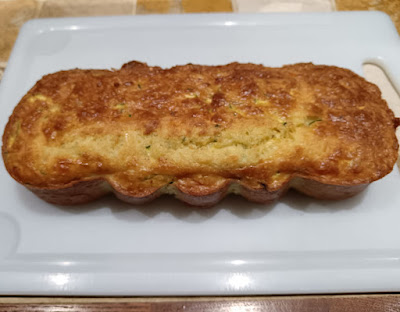Staying Low-Carb on Holidays: Surviving and Thriving The holiday season is full of joy, celebrations, and delicious food—but it can also be a challenging time for those committed to a low-carb lifestyle. From carb-heavy comfort foods to tempting desserts, staying on track might feel impossible. Fear not! With a few smart strategies, you can navigate the festivities, enjoy the season, and stick to your low-carb goals. Set Yourself Up for Success 1. Plan Ahead Before attending a holiday gathering, check the menu (if available) or plan your strategy. Look for protein-rich dishes and low-carb sides, and consider bringing a dish to share that fits your dietary needs. 2. Eat Before You Go Arrive at events with a satisfied stomach by having a low-carb meal or snack beforehand. This will help you make better choices and avoid overindulging in carb-heavy appetizers or desserts. 3. Focus on Protein and Veggies At holiday dinners, center your plate around turkey, ham, or fish, along w...
- Get link
- X
- Other Apps


Comments
Post a Comment